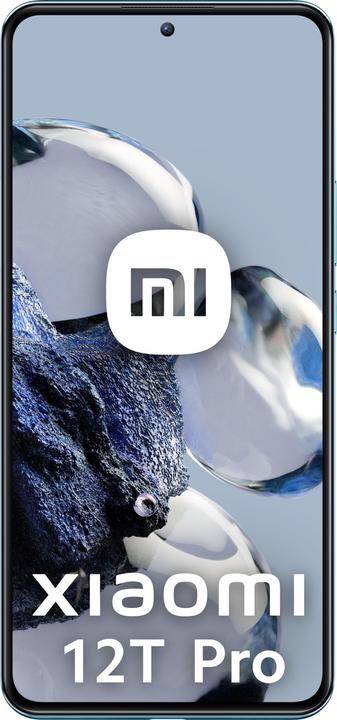

What Xiaomi and Motorola can do with a 200-megapixel sensor
The Xiaomi 12T Pro and the Motorola Edge 30 Ultra are the first smartphones with a 200-megapixel sensor. To find out the significance of this feature often touted in marketing campaigns, just read on.
From a purely physical point of view, 200 megapixels on the small sensors in a smartphone don’t make much sense. Nevertheless, they’re there, and Xiaomi as well as Motorola won’t remain the only manufacturers that are happy to advertise this feature. They combine pixels and try to use the high resolution for other things, such as improved zoom functionality.
Same sensor, different aperture and zoom without a telephoto lens
The Samsung Isocell HP1 in both smartphones distributes the 200 megapixels over an area of 1/1.22 inches. However, there is a difference in the light intensity of the lenses. With an aperture of f/1.69, a bit more light hits the surface of the Xiaomi 12T Pro sensor compared to the Motorola Edge 30 Ultra with f/1.9.
Both smartphones merge 16 pixels into one when taking a picture. This so-called pixel binning creates photos with a resolution of 12.5 megapixels. Pixels that are actually 0.64 micrometres in size thus become 2.56-micrometre «ultra pixels». Among other things, this should brighten images.
Xiaomi offers the option of taking 50-megapixel Ultra HD photos in their camera’s «Pro» mode. On the Motorola, you’ll find the 200-megapixel «Ultra-Res» mode under «More» in the camera app. Xiaomi does the same without a telephoto camera, relying on an «in-sensor zoom». This takes advantage of the fact that a section of the sensor can capture an image with 12.5 megapixels, positioning it closer to the subject. According to the manufacturer, this digital version should rival optical zoom.
Which phone makes better use of its high resolution?
Right now, we’re only looking at the 200-megapixel sensor. I’ll test the other cameras and additional details on both smartphones in individual reviews.
Main camera: notable differences, especially in the dark
In daylight, differences between the two main cameras are minimal. Since they share a sensor, this is no surprise. However, the lens and the software still provide minor differences, but this doesn’t entail any changes in image quality. For example, the colour of the Xiaomi 12T Pro looks marginally stronger. However, the level of detail is identical.


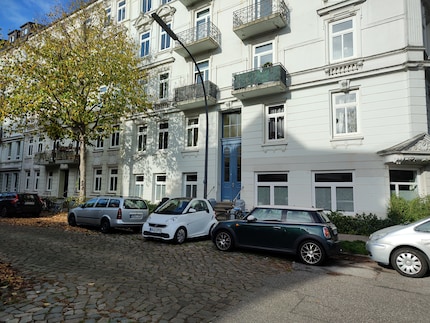
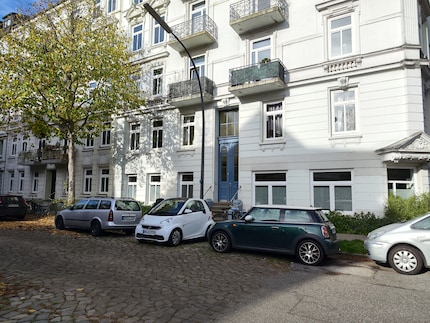
Differences are more noticeable in the dark. In terms of illumination, I prefer the Edge 30 Ultra. It’s less brightened and makes for a more believable night shot. However, if attention to detail is central, the 12T Pro performs better. In their original sizes, differences are clearly visible. On top of the larger aperture, Xiaomi’s unique software also has an impact on image processing.
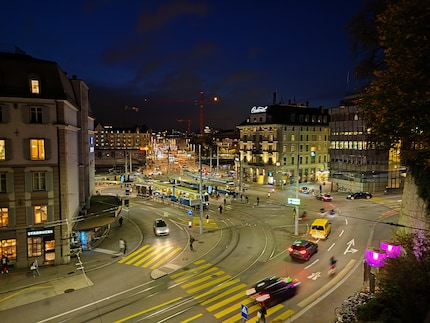
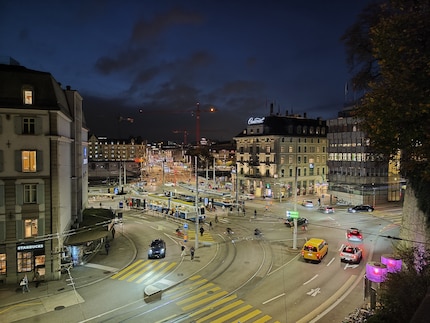
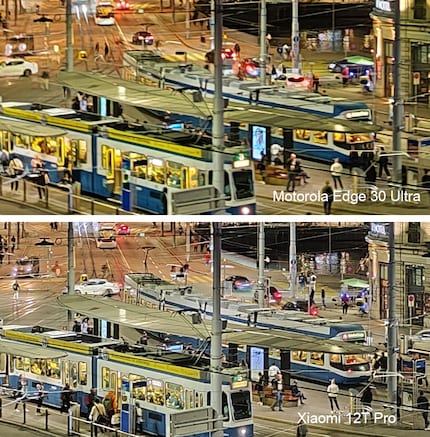
Zoom 10x: in-sensor zoom vs. telephoto
Let’s recap: the 12T Pro works with digital in-sensor zoom, while the Edge 30 Ultra has a telephoto lens. However, it only offers a 2x optical zoom. Any further magnification with Motorola is thus digital, reaching up to 16x zoom. You get maximum 10x magnification with the Xiaomi. To compare them, I snapped photos with 10x zoom on both.
I prefer the Moto Edge at ten times magnification. It’s sharper and shows even more details. This is particularly evident in the brown area next to «kv zürich» and the construction container below it. While the 12T Pro shows a smooth surface, individual panels as well as slats can be seen in the Motorola image.
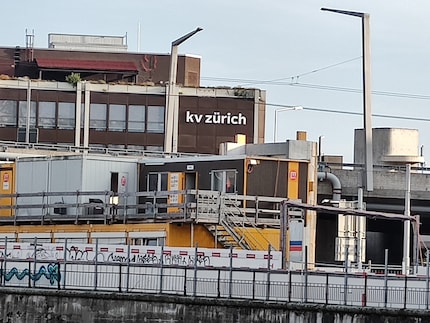
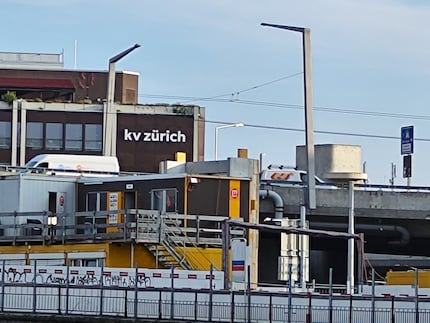
More megapixels: Ultra HD vs. Ultra Res
Both smartphones offer the option of using a higher resolution than 12.5 megapixels. The Xiaomi 12T Pro has 50 megapixels, while the Motorola Edge 30 Ultra has 200. You can download full-size files, and all other sample images in this article, here.
Both modes aren’t worse than the standard automatic, but are still likely to be forgotten most of the time in everyday use. The files are significantly larger, and they’re only worth taking if you want to work with cropped sections. The same section in its original size is 1556 × 1037 on the Edge 30 Ultra and 800 × 533 on the Xiaomi 12T Pro. In default view, they still look identical. If you click to enlarge them, you’ll clearly notice the higher level of detail on the 200-megapixel Motorola.
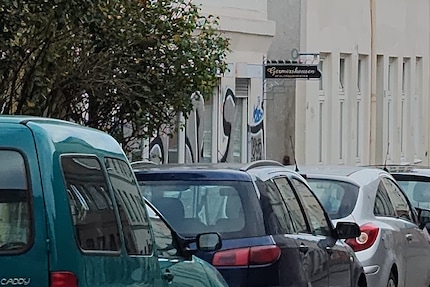
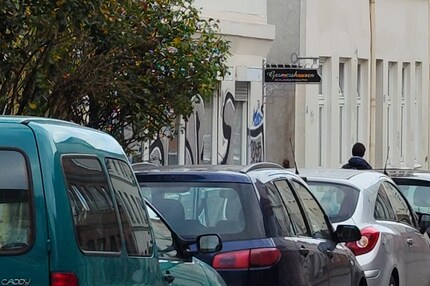
Verdict: not all megapixels are made equal, it turns out
A high resolution alone is no guarantee for better image quality. The Xiaomi 12T Pro and the Motorola Edge 30 Ultra both feature a 200-megapixel sensor. However, additional processing plays a more important role. Despite the high resolution, 12.5-megapixel images are the standard setting. Completely sufficient for most purposes. The image quality on both smartphones is equivalent. In comparison with other phones, they rank near the top, but don’t quite clinch first place.
In the dark, the 12T Pro performs better with a higher level of detail. In contrast, the Edge 30 Ultra has the lead when it comes to zoom. Comparing the two directly, Motorola’s smartphone comes out ahead because it’s able to take pictures with 200 megapixels, while Xiaomi’s maximum is 50.
When I was but a young student, I'd sit in my friend's living room with all my classmates and play on his SuperNES. Since then I've had the opportunity to test out all the newest technology for you. I've done reviews at Curved, Computer Bild and Netzwelt, and have now arrived at Galaxus.de.

